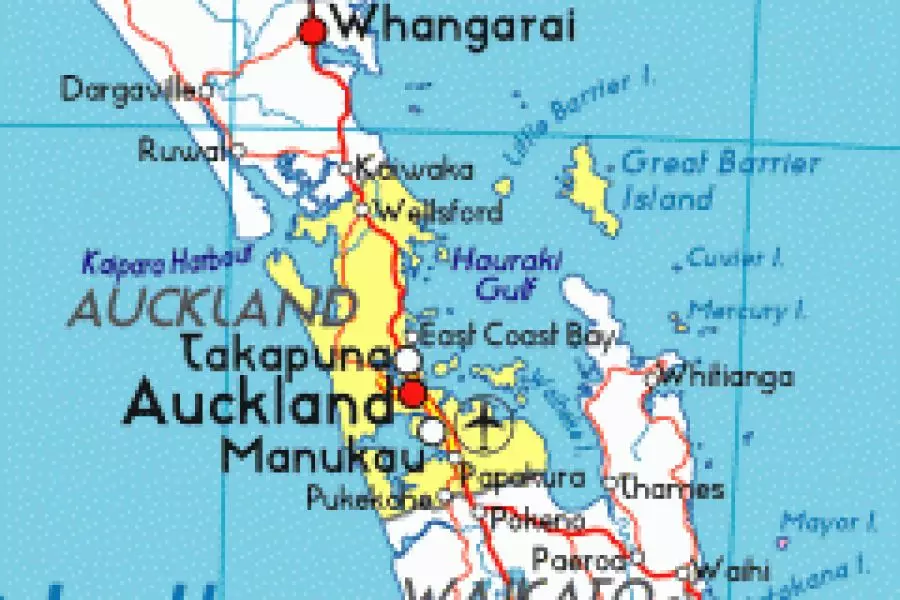News
Forget demand – address supply

Tuesday 3rd of May 2016
A pervading sense of panic, and impending doom, currently surrounds any discussion of the Auckland property market.
It seems the summer lull in price growth led many to believe that there may be an end in sight to the city’s housing market pressures.
Now price growth has rebounded and most days see new headlines about Auckland’s world-beating affordability issues.
Want to read the full article?
Click the button below to subscribe and will have unlimited access to full article and all other articles on the site.






![[The Wrap] Bye Bye Bayly](https://goodreturns.publit.io/file/c_fill,w_900,h_600/39f23ac1-f7c7-4854-b700-a150004ebbac.webp)


